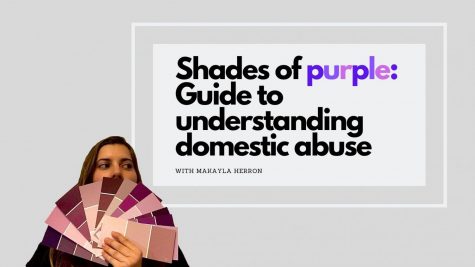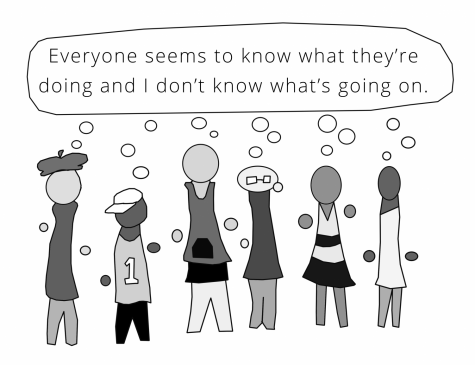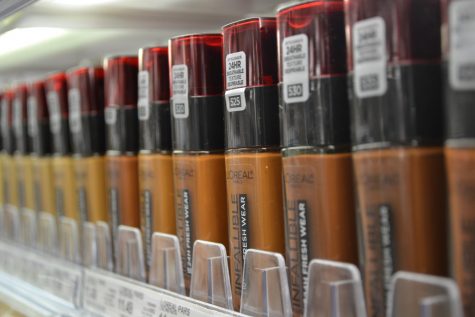Addictive Problems
Minors use of e-cigarettes recently became an important topic in the media. JUice USB Lighting (JUUL) is a major manufacturer of e-cigarettes and one of the fastest-growing startups in the world. Their mission is to help smokers switch from tobacco cigarettes to a less dangerous option, as cigarette smoke contains over 4,000 different compounds vaping reduces it to 4 chemicals excluding flavors. Although e-cigarettes may be a less dangerous option that does not mean they’re safe. Why would anyone get on a less dangerous option when they’re not even in danger in the first place. That’s what teens have been doing taking a less harmful option when they’re not even in harm. Given the popularity among teens, the Federal Drug Administration (FDA) began enforcing regulations for the company. JUUL responded with a commitment to put $30 million over three years into funding independent research, youth and parental education, to help prevent teens from getting hooked on their products.
JUUL took measures to prevent teens from using their products, but it may not be enough to stop teen addiction. JUUL has only said their products contain nicotine and that nicotine is an addictive chemical. This may not be enough to deter teens from using their products if all they know is that one of the chemicals is addictive and not how the chemicals affect the body.
The company took initiatives in their advertising to ensure minors don’t get their hands on their products. Some of their actions include limiting their methods of advertising, removing their products from retailers, and limiting bulk purchasing. In addition to working with social media platforms to remove posts, which contain inappropriate usage of JUUL products, JUUL removed their social media accounts from Facebook and Instagram to withdraw their appeal towards teens.
The company made retailers fulfill a few requirements to continue selling their products. JUUL removed their mango, cucumber and cool mint flavors from retail stores to reduce minors’ interest on their products. For example, a retail store has to invest in technology that labels flavored JUUL products as restricted. Furthermore, the clerks of the retail store must also electronically scan as well and visually verify the consumer’s ID to check if they are above the 21 age requirement regardless of local laws. In addition to requiring the retailers to verify age, they must also limit the sales of JUUL products to customers. JUUL also worked with online stores to limit the sale of their products to their online store.
JUUL has taken many steps to keep minors away from their products. It may not be enough, but it’s a step towards an end goal- stopping minors from using their products. However, teens will continue to find other ways to satisfy their cravings.









